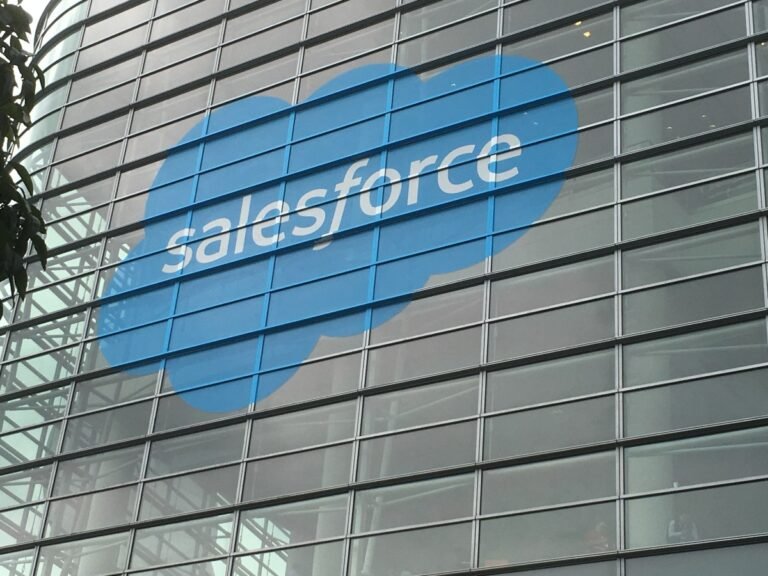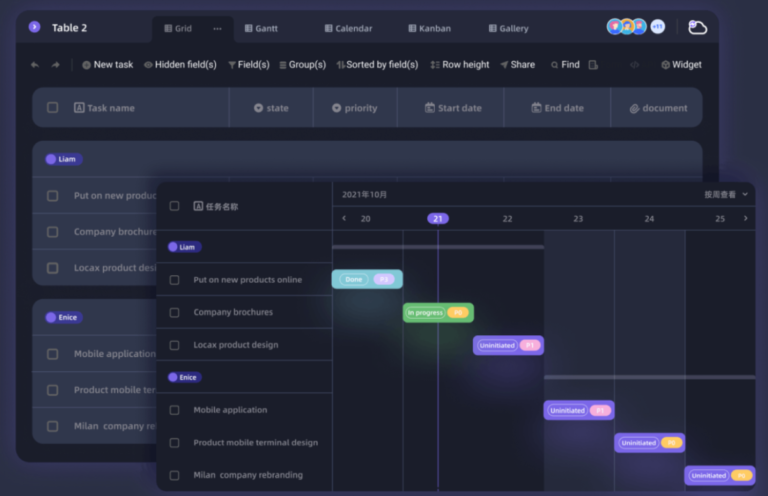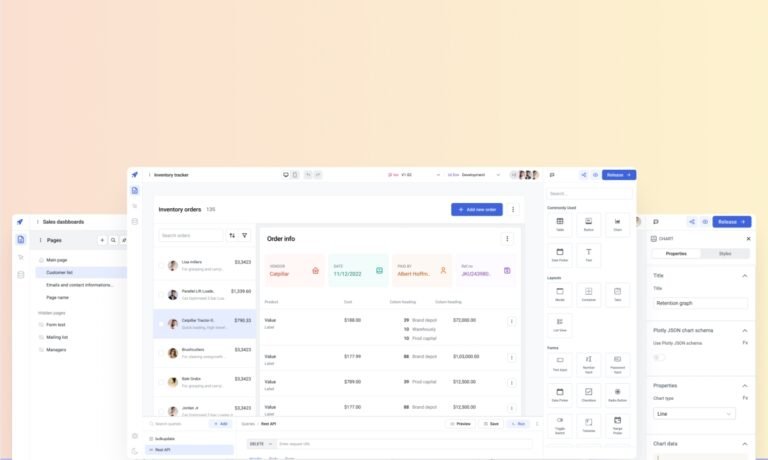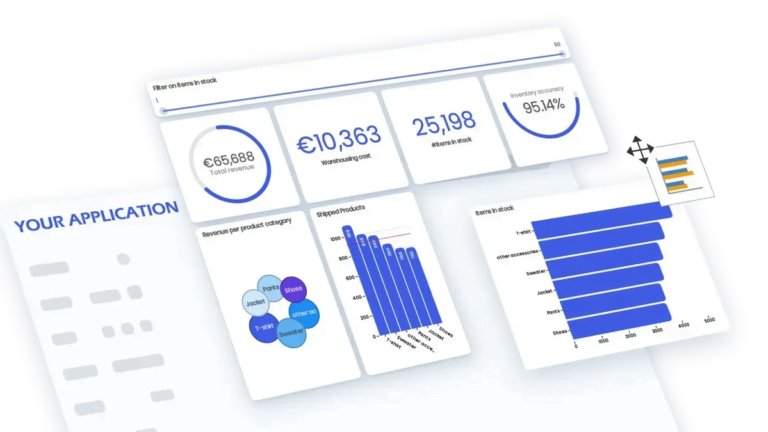
Logspace co-founder and CEO Rodrigo Nader previously worked on machine learning problems at enterprise AI company Bitvore, together with co-founder and CTO Gabriel Luiz Freitas Almeida.
“This acquisition will provide current Langflow developers and current DataStax developers additional resources and integrations to elevate their applications to match the scale of their ambitions,” said Chet Kapoor, CEO and chairman of DataStax.
“Langflow is focused on democratizing and accelerating generative AI development for any developer or company, and in joining DataStax, we’re working together to enable developers to put their wild new generative AI ideas on a fast path to production.”The DataStax team argues that this acquisition effectively completes its effort to build a one-stop generative AI stack.
Langflow will continue to operate as a separate entity, so existing users shouldn’t notice any immediate changes.
“We couldn’t be more excited about joining the DataStax team and supercharging our ability to grow the Langflow platform, bringing it to more researchers, developers, enterprises and entrepreneurs working on generative AI applications,” said Nader.

Low-code dev platforms have gained momentum in recent years, in large part because they promise to shorten what’s otherwise typically a lengthy app development cycle.
According to data from analytics firm GlobalData, there was a fivefold increase in VC funding into low-code dev platforms from 2021 to 2022.
But low-code isn’t going anywhere, as evidenced most recently by low-code dev startup FlutterFlow’s financing round.
Leveraging Flutter, Google’s open source UI creation toolkit, FlutterFlow generates what Abel describes as “clean” and “maintainable” app source code.
There’s no shortage of competition in the market for low-code app dev platforms.

Salesforce has announced plans to acquire Spiff, a platform that automates commission management for sales teams.
The deal also constitutes the latest in a line of ecosystem companies that Salesforce has eventually brought in-house.
Back in September Salesforce acquired Airkit, a low-code platform for building AI customer service agents.
And similar to Spiff, Airkit was also available on AppExchange.
So it’s clear that Salesforce continues to see tried-and-tested ecosystem companies as a safe bet for its M&A endeavors, with “low-code” playing a key factor too.

Forest Admin is a novel product that addresses a common problem faced by development teams – the tedious and time-consuming task of configuring back-end administration panels. By providing an online…

One of the most remarkable things about Airtable’s colossal valuation attained in 2021 is the fact that there have been so many ambitious entrepreneurs chasing its Pieces of Pie. That’s…

“Do more with less” has emerged as something of a business mantra over the past year, as businesses across the industrial spectrum have faced growing economic headwinds. To remain competitive…

Cumul.io is a company that provides low-code BI analytics platform to SaaS companies. The aim of the company is to make it easy for these companies to collect data from…










